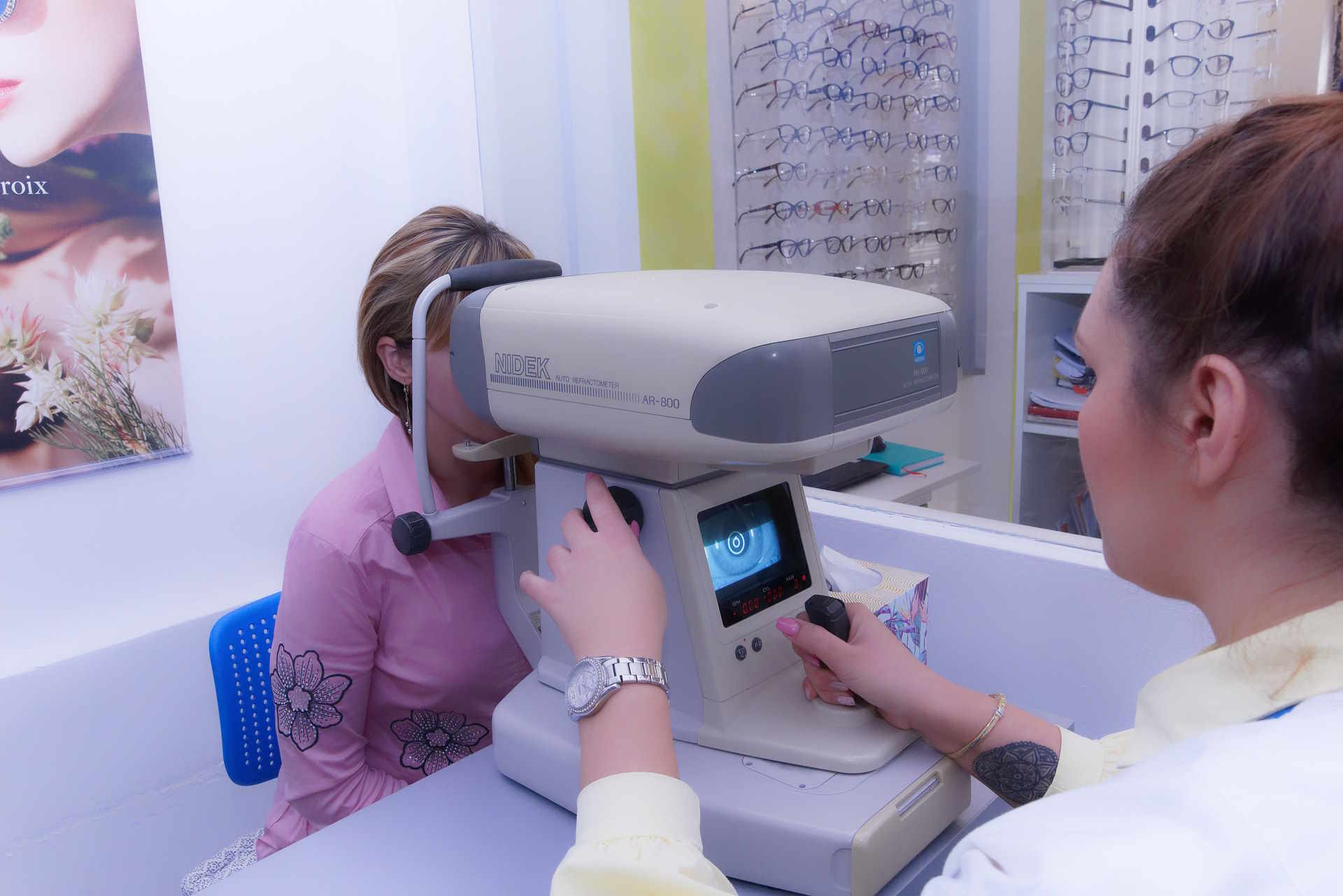Understand Macular Edema Swelling And Its Impact On Your Health
Macular edema represents a serious eye condition where fluid accumulates in the macula, the central portion of the retina responsible for sharp, detailed vision. This swelling can significantly impact your ability to see fine details, read, drive, and perform daily activities that require clear central vision. Understanding this condition becomes crucial for early detection and proper management, as untreated macular edema can lead to permanent vision loss and substantially affect your quality of life.

What Is Macular Edema
Macular edema occurs when fluid builds up in the macular region of the retina, causing this vital tissue to thicken and swell. The macula contains millions of light-sensitive cells called photoreceptors that convert light into electrical signals sent to the brain for visual processing. When fluid accumulates in this area, it disrupts the normal function of these cells and creates distortion in your central vision.
This condition can develop gradually or appear suddenly, depending on the underlying cause. The swelling prevents the macula from functioning properly, resulting in blurred or distorted vision that typically affects the center of your visual field while peripheral vision often remains intact. The severity can range from mild visual disturbances to significant vision impairment that interferes with daily activities.
Symptoms Of Macular Edema
The symptoms of macular edema often develop progressively and may initially be subtle. Blurred or hazy central vision represents the most common early sign, making it difficult to focus on objects directly in front of you. Colors may appear faded or washed out, and you might notice that straight lines appear wavy or distorted, a phenomenon known as metamorphopsia.
Reading becomes increasingly challenging as letters may appear blurry or seem to disappear entirely. Many people experience difficulty recognizing faces or seeing fine details, even when wearing their regular prescription glasses or contact lenses. Some individuals report seeing a dark or empty spot in the center of their vision, while others notice that objects appear different sizes when viewed with each eye separately.
Night vision problems may also develop, making it harder to see in low-light conditions. These symptoms can occur in one or both eyes and may fluctuate in severity throughout the day, sometimes improving or worsening without apparent reason.
Common Triggers and Causes Of Macular Edema
Several underlying conditions can trigger macular edema, with diabetic retinopathy being one of the most frequent causes. High blood sugar levels damage the small blood vessels in the retina, causing them to leak fluid into the surrounding tissue. This type of macular edema affects millions of people with diabetes and represents a leading cause of vision loss in working-age adults.
Retinal vein occlusion, where blood flow in the retinal veins becomes blocked, can also lead to fluid accumulation in the macula. Age-related macular degeneration, particularly the wet form, may cause similar swelling through the growth of abnormal blood vessels beneath the retina.
Inflammatory eye conditions, including uveitis, can trigger macular edema through increased vascular permeability and inflammation within the eye. Certain surgical procedures, especially cataract surgery, may occasionally result in post-operative macular edema, though this typically resolves with appropriate treatment.
Other potential causes include retinal detachment, eye injuries, genetic disorders affecting the retina, and certain systemic conditions that affect blood vessels throughout the body. Environmental factors such as prolonged exposure to bright light or certain toxins may contribute to retinal damage and subsequent fluid accumulation.
Treatment options for macular edema vary significantly in cost depending on the underlying cause and severity of the condition. Diagnostic procedures typically range from $200 to $500 for comprehensive eye examinations and imaging studies. Injectable treatments may cost between $1,500 to $3,000 per injection, with most patients requiring multiple treatments over several months. Laser therapy sessions generally range from $800 to $2,000 per treatment.
| Treatment Type | Provider | Cost Estimation |
|---|---|---|
| Comprehensive Eye Exam | Local Ophthalmologists | $200 - $400 |
| Retinal Imaging | Specialized Eye Centers | $150 - $300 |
| Injectable Treatments | Retinal Specialists | $1,500 - $3,000 per injection |
| Laser Therapy | Eye Surgery Centers | $800 - $2,000 per session |
Prices, rates, or cost estimates mentioned in this article are based on the latest available information but may change over time. Independent research is advised before making financial decisions.
The impact of macular edema extends beyond vision problems, affecting emotional well-being and independence. Many individuals experience anxiety, depression, or frustration as their ability to perform familiar tasks becomes compromised. Social activities may become limited, and work performance can suffer, particularly for those whose jobs require detailed visual tasks.
Early detection through regular eye examinations remains crucial for preventing permanent vision loss. Treatment approaches focus on addressing the underlying cause while reducing fluid accumulation in the macula. The prognosis varies considerably depending on the severity of the condition, how quickly treatment begins, and individual response to therapy.
This article is for informational purposes only and should not be considered medical advice. Please consult a qualified healthcare professional for personalized guidance and treatment.




